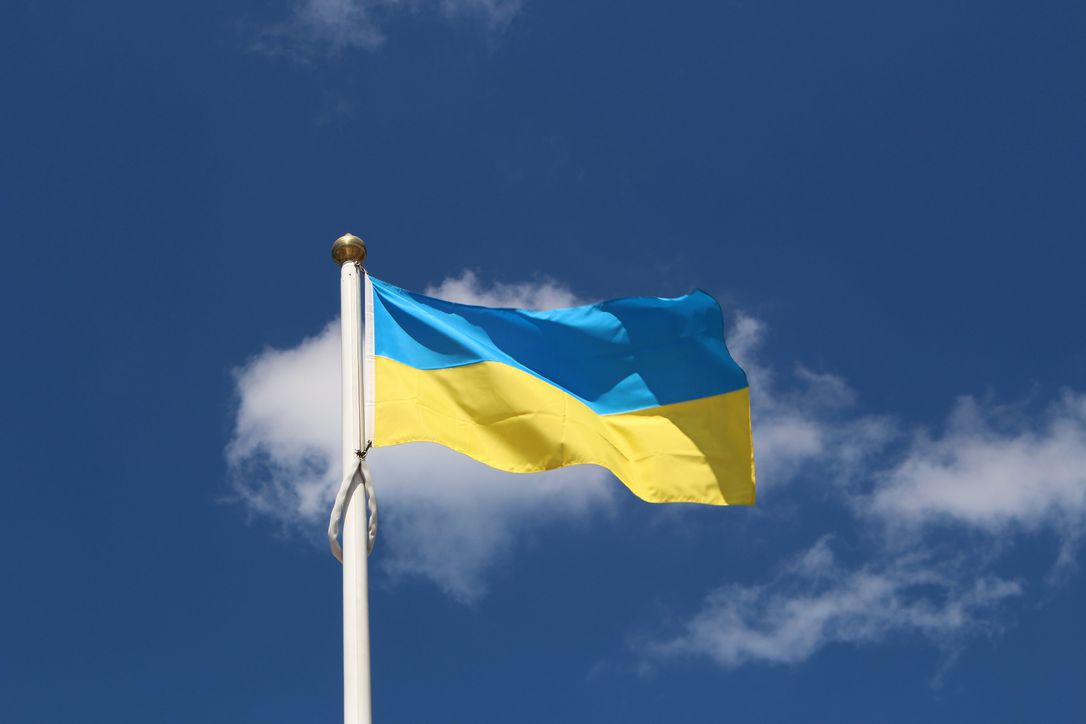The Ukrainian government formally requested Qatar’s involvement in the negotiations in July.
Qatar brokered a deal for the return of six Ukrainian children from Russia, Qatar’s Ministry of Foreign Affairs (MOFA) announced on Tuesday.
“Qatar hosted six children, who were previously residing with relatives, with their parents and legal guardians in the Qatari Embassy in Moscow during the operation and accompanied them to their destinations ensuring their safety and wellbeing,” the MOFA statement read.
This marks the second phase of Qatar-mediated return of Ukrainian children following the repatriation of four minors back in October.
“Qatar reaffirms its commitment to supporting the efforts made by both the states of Ukraine and Russia to reunify separated families and protect the rights and well-being of the children affected by the ongoing conflict,” the statement said.
“Qatar remains committed to its role as a mediator and a facilitator, and sees this success as a positive step that highlights the importance of dialogue and mediation”.
Qatar agreed to Ukraine’s request to mediate in July after Qatar’s Prime Minister Sheikh Mohammed bin Abdulrahman Al Thani visited Ukraine.
“Building on the momentum of recent weeks, Qatar continues to play a mediating role between the Ukrainian and Russian governments, successfully facilitating the reunification of six additional Ukrainian children with their families in time for the festive holidays,” Al Khater said, as quoted by The Washington Post.
The recent family reunifications, she added, are “part of an ongoing initiative led by Qatar in response to requests from Russia and Ukraine to identify and explore potential areas of cooperation.”
An anonymous Qatari official told Reuters on Tuesday that Qatar’s role included gaining the consent of the families, identifying and verifying the children, and both humanitarian and logistical planning .
The unnamed source said Qatar was actively involved and even escorted one child to the Qatari embassy in Moscow before the planned transfer to Ukraine.
Kyiv alleged Russia has forcibly taken up to 20,000, and that less than 400 have returned.
Moscow has consistently denied those allegations of forcibly removing Ukrainian children, saying that it has identified only a limited number of children in orphanages or lacking parental guardianship. It said efforts were made to place these children with relatives in Russia whenever feasible.
The controversy has led to the International Criminal Court issuing arrest warrants for Russian President Vladimir Putin and Children’s Commissioner Maria Lvova-Belova on March 17, accusing them of the war crime of deporting Ukrainian children to Russia.
The Kremlin has rebuffed these charges and said they hold “no meaning” in Russia.
Russia signed the Rome Statute but never ratified it to become a member of the ICC.
Since the onset of the conflict that began in February 2022, Doha has taken a careful balancing approach with both sides to secure itself as a potential candidate for mediation.
Just recently, a joint mediation by Qatar and the United Nations led to the release of a Ukrainian teenager from Mariupol from Russia, the Ukrainian president announced on November 19.
“I am grateful to the entire team working on the return of Ukrainian children,” Ukraine’s President Volodymyr Zelenskyy said at the time. “I am especially grateful for Qatar for its effective mediation and assistance.”
Sheikh Mohammed, who also serves as the country’s foreign minister, visited Moscow in June, where he met with President Putin and other senior officials.
The following month, the Qatari official visited Ukraine and met its president and pledged $100 million in humanitarian aid for health, education, and demining initiatives.
Qatar’s emergence as a global mediator in some of the worst conflicts of modern history extends beyond this case. In November, Qatar secured a temporary truce between Hamas and Israel that began on November 24 and was renewed twice, lasting a total of seven days.
As part of the deal, Hamas released at least 110 captives from Gaza and Israel released 240 Palestinian women and children from Israeli prisons, according to a Doha News tally.







